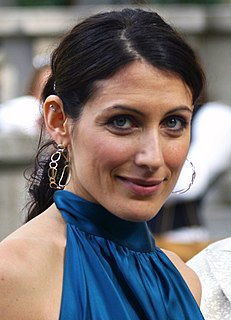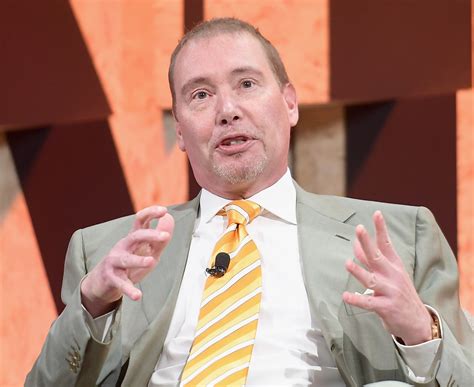A Quote by Massimiliano Allegri
I see things differently: you need to take risks in life.
Quote Topics
Related Quotes
The trouble is that the risks that are being hedged very well by new financial securities are financial risks. And it appears to me that the real things you want to hedge are real risks, for example, risks in innovation. The fact is that you'd like companies to be able to take bigger chances. Presumably one obstacle to successful R&D, particularly when the costs are large, are the risks involved.
It's very important to take risks. I think that research is very important, but in the end you have to work from your instinct and feeling and take those risks and be fearless. When I hear a company is being run by a team, my heart sinks, because you need to have that leader with a vision and heart that can move things forward.






































